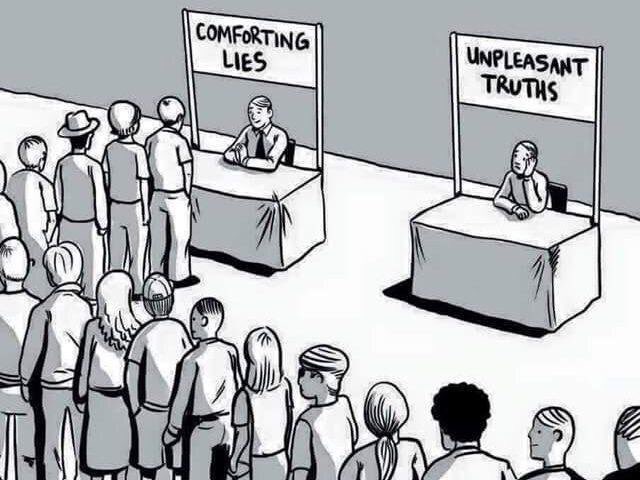
When the mind is not busy dealing with the present, it tends to focus on the future, working on goals and simulating different solutions.

The most toxic thing about our obsession with goal-setting is the implication that we always have to be unsatisfied with the present and aspire to get more things done.

Goals have a tremendous influence on our spontaneous appraisal of anything that is relevant to their pursuit; we have positive feelings toward something that helps us attain a goal and negative feelings toward things that do not.

We are often very poor at knowing what we want or, to be more precise — predicting accurately the true value of the things we think we want.

The restlessness of mind can be measured by the number of promises that remain unkept.

While setting goals is relatively easy, they don’t always lead to true insight or perfect happiness. Instead of asking, “What do I want to achieve?” the better question is, “What do I really want out of life?”

Humility requires accepting a certain degree of imperfection, and most goal-oriented people rarely give themselves the permission to do so.

Only people high in self-acceptance hold positive views of themselves that aren’t dependent on external validation.

Generally, “why” questions are better to help us understand our environment and “what” questions are generally better to help us understand ourselves.

If you are spending too much time scrutinizing what’s in your rearview mirror, you’re certain to crash.

Worth Sharing?
If you got something from this post, and feel someone else in your life needs to see this, please share it and tell them how much you care about them.
If you are spending too much time scrutinizing what’s in your rearview mirror, you’re certain to crash…… simply great one !!!